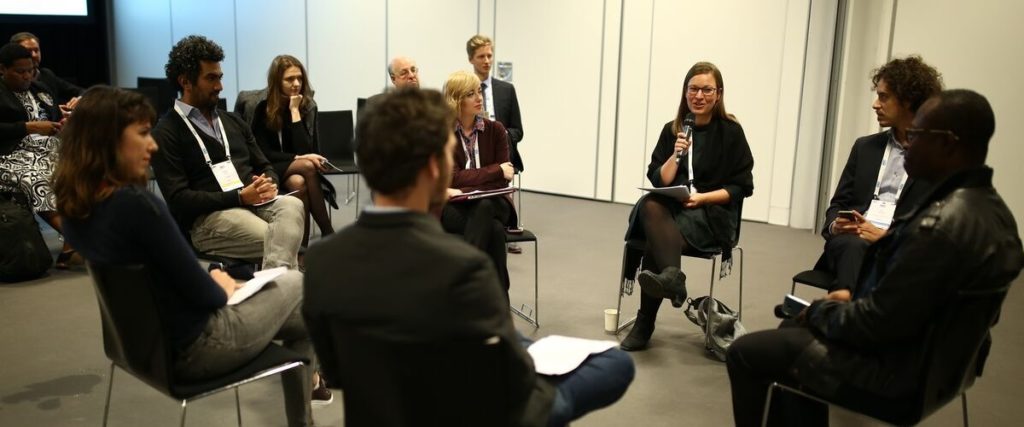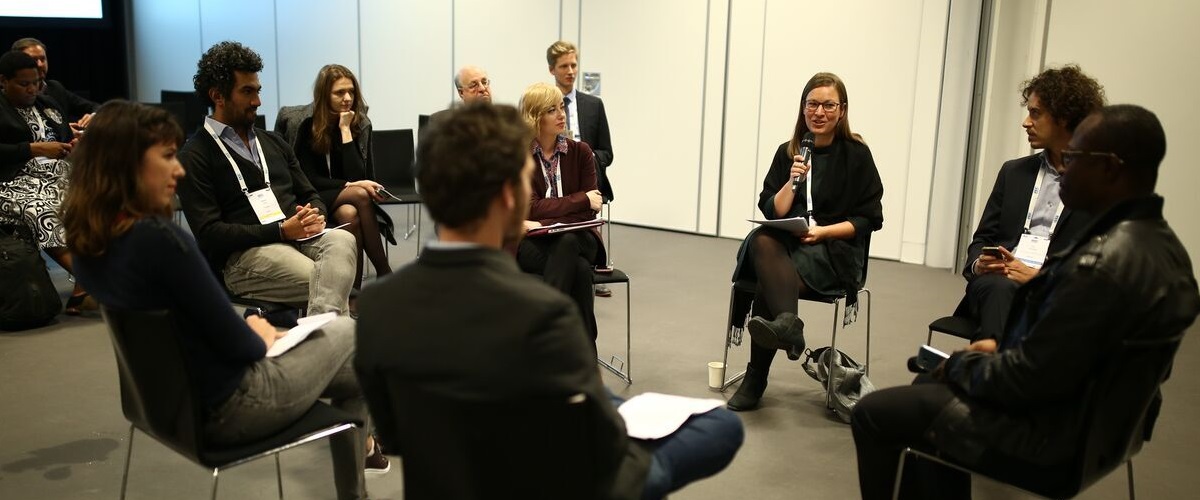Successful cross-border investigations have highlighted that, with rigorous journalism, the powerful can be held accountable. But how do you go from getting a hunch to building a successful reporting investigation?
Lessons, challenges and opportunities of big cross-border investigations, like the Panama Papers and the Paradise Papers, were topics covered in a workshop at the 18th Anti-Corruption International Conference in Copenhagen.
Several experts in the investingative journalism field discussed key ways of succeeding when working on big corruption cases.

Photo credit: Faten Jebai
We’ve put together five tips:
1. Follow up on the hunch
First thing you need to know, explained Hisham Allam, senior investigative journalist at the International Consortium of Investigative Journalists, is to distinguish early on whether or not a lead is worth pursuing and pouring resources into for a thorough investigation. In order to do that, it’s important to go further by connecting with people on the ground and hearing more about what they say. In other words: no one knows whether your story is worth pursuing better than those in the thick of it.
2. Team up!
There are many countries where journalists operate with limited or zero access to information, and there are also journalists keen to uncover corruption-related issues in places where they don’t fully understand or grasp how to navigate the field or bureaucratic hurdles. The key to overcoming these obstacles is forming a solid network — including local experts — to save money and alleviate reporting challenges. “This is a great example of synergy,” said Natalie Sedletska, freelance investigative journalist. She also noted that these networks — which often include seasoned journalists and editors — need to include young reporters so that they can build on their experience and talents.
3. Create your own databases
Depending on how restrictive the laws are where you’re reporting, collecting data can be a great obstacle — even a showstopper. So instead of depending on or waiting around for open data to be made available for everyone, you can get ahead by gathering the data from scratch. This way the information you collect is already in line with the focus of your stories.
4. Work with an NGO
While some journalists may resist working with NGOs, tapping into their network can help you gain access to the right sources. According to Samuel Acker, editor and freelance investigative journalist: “It’s important to have someone giving you a hint”, otherwise, he says, the journalist may overlook something important. He added that in Germany, the Paradise Papers articles that received the most attention were the ones about celebrities or high-profile politicians — whereas in other countries, the focus may have been different.
5. Don’t get frustrated over impact
Keep in mind that the main goal is revealing and explaining cross-national corruption schemes to the public. This, however, does not always translate into an anti-corruption reform, increased accountability or transparency. Instead, sometimes the corruption continues and the journalist is targeted. Nevertheless, rights groups often take these revelations and build campaigns and advocacy goals that target change in government. So, find a way to share your reporting and reach as many as possible. It will also help foster a safer atmosphere for investigative journalism.


